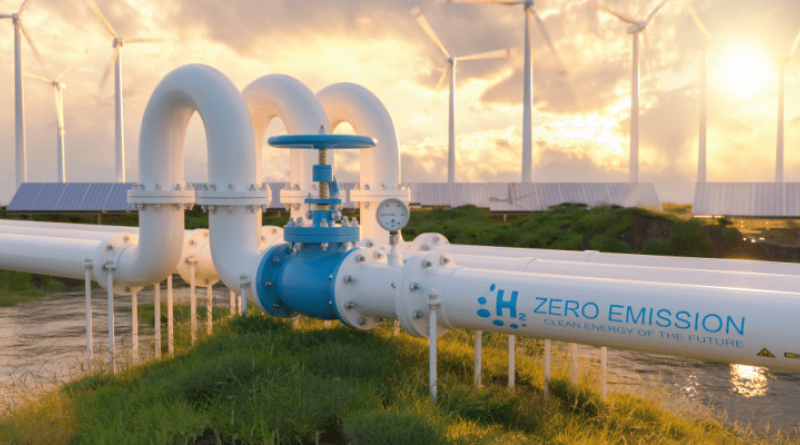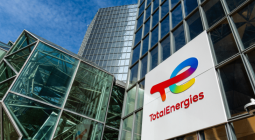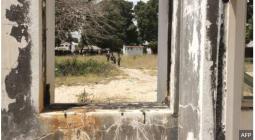TotalEnergies, Eren and Verbund to export hydrogen from Tunisia to Europe

As Tunisia struggles to make its own energy transition, three multinational companies are proposing a project to produce and export green hydrogen from the south of the country to Europe via a pipeline under the Mediterranean.
The partnership agreement signed on 28 May in Tunis will enable the “H2 Notos” green hydrogen project to be implemented. The alliance involves TE H2, a joint venture between the French hydrocarbon giant TotalEnergies and the Luxembourg-based Eren group, as well as the Austrian energy company Verbund. “The signing of this memorandum of understanding with Tunisia marks the start of an ambitious project and concludes several months of work and discussions with all the parties involved,” said David Corchia, Managing Director of TE H2.
The H2 Notos project involves the construction of solar and wind farms in southern Tunisia. The electricity generated will be converted into hydrogen via the electrolysis of desalinated seawater. TE H2 and its partner Verbund are counting on an initial production capacity of 200,000 tonnes of hydrogen a year, expandable to 1 million tonnes a year.
Export via the SoutH2 Corridor
The hydrogen will be exported to the European market via the SoutH2 Corridor, a 3,300 km pipeline planned to link North Africa, Italy, Austria and Germany by 2030. Supported by the European Commission, this energy infrastructure will be capable of transporting 2.5 million tonnes of hydrogen per year under the Mediterranean Sea.
“We are now entering a phase of greenfield development and major technical work to assess the feasibility of the project. This will require us to continue to build on the constructive and fruitful collaboration we already have with the Tunisian national and local authorities,” explains David Corchia. As part of the H2 Notos project, the Austrian company Verbund will be responsible for transporting the hydrogen to Central Europe.
As with all the other hydrogen and hydrogen derivatives projects announced in Africa, it will be at least 2030 before large-scale production of this energy can begin, as the electrolysis technologies are not yet fully developed. Although major companies are already beginning to position themselves in this nascent market. The “H2 Notos” project has been announced at a time when Tunisia is struggling to make the transition from fossil fuels to clean energy. And yet, according to the Agence Nationale pour la Maîtrise de l’Energie (ANME), the North African country has between 340 and 844 GW of exploitable solar potential.




